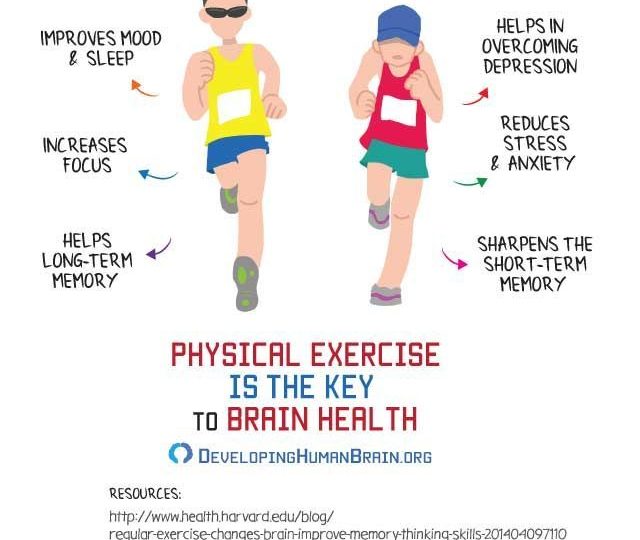Exercise is not merely about physical fitness; it has the potential to significantly impact our mental well-being as well. The mind-body connection is a fascinating concept that suggests our mental and emotional states can be influenced by our physical activities. In this article, we delve into the ways in which exercise affects our mood.
1. Release of Endorphins
When we exercise, our body produces endorphins, commonly known as “feel-good” hormones. These chemicals interact with receptors in our brain, reducing pain and elevating our mood. Endorphins can induce feelings of happiness and euphoria, leading to an overall sense of well-being.
2. Stress Reduction
Regular physical activity can be an excellent tool for managing stress. Engaging in exercise helps us let off steam, releasing built-up tension and reducing stress levels. Whether it’s through jogging, swimming, or practicing yoga, exercise provides an outlet to channel our stress in a healthy way, ultimately promoting relaxation.
3. Improved Sleep
Exercise can positively impact the quality of our sleep, resulting in enhanced mood during the day. Physical activity helps to regulate our sleep patterns and promote a deeper, more restful sleep. A consistent exercise routine can significantly reduce insomnia and increase the overall duration of our sleep, leaving us feeling refreshed and more emotionally balanced.
4. Enhanced Self-esteem
Regular exercise can contribute to a boost in self-esteem and self-worth. Engaging in physical activities allows us to set goals and achieve them, leading to a sense of accomplishment and confidence. As we witness progress in our physical abilities and witness positive changes in our body, our self-esteem improves, positively impacting our overall mood.
5. Reduction in Symptoms of Depression and Anxiety
Exercise has been shown to be an effective adjunct in reducing symptoms of depression and anxiety. Physical activity stimulates the production of endorphins, serotonin, and other neurotransmitters that help regulate mood. Additionally, exercise provides a distraction from negative thoughts and enhances the release of chemicals in the brain responsible for promoting relaxation and a sense of well-being.
6. Social Interaction
Exercise often involves participating in group activities or joining sports teams, providing ample opportunities for social interaction. Engaging in exercise with others allows us to build social connections, which can have a positive impact on our mood. Whether it’s conversing during a group workout class or collaborating with teammates, the social aspect of exercise can boost our overall mental well-being.
Conclusion
The mind-body connection demonstrates the profound relationship between physical activity and our mood. Exercise has the ability to release endorphins, reduce stress, improve sleep quality, enhance self-esteem, alleviate symptoms of depression and anxiety, and foster social interaction. Incorporating regular exercise into our routine is an essential step towards achieving overall mental well-being. So next time you need a mood boost, lace up your sneakers and get moving!









